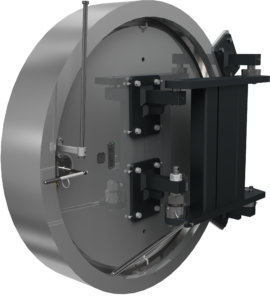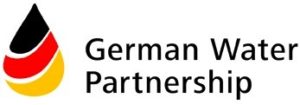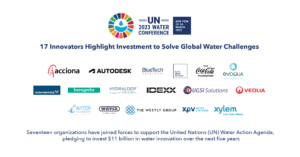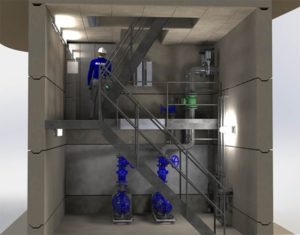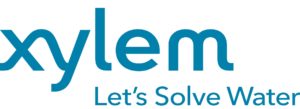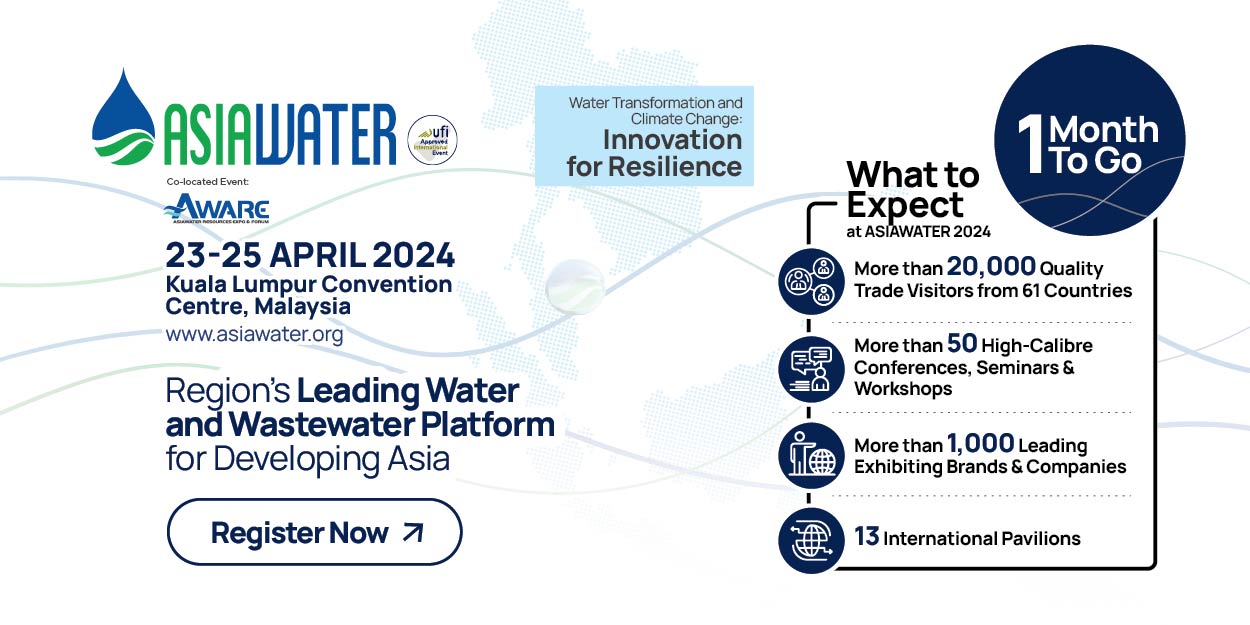Innovation at Pollutec 2006
In view of the number of innovations announced by exhibitors – already in excess of 150 by mid September and the importance of the technical conference programme, one thing is certain: this years’ Pollutec will be packed with technology.
Some clear trends are already apparent. For the most part these reflect technical advances and developments across Europe or, indeed, the world. Some, on the other hand, are more directly linked to the national regulatory framework, which is applying considerable pressure in certain markets.
In the water sector, the problem of sludges is, of course, ever present, but the innovations seem to be more directed to reducing the volume and to their conditioning rather than treatment, which was a high profile theme in 2005. Two themes are gaining in significance: controlling rain water (appearance of new systems for retention/recovery) and water saving (detection of water leaks and reuse). On the equipment front, besides a range of pumps for suspension laden fluids that is being rapidly renewed, another feature is the emergence of new metering equipment linked to the entry into force in November 2006 of new European regulations governing measurement equipment.
So far as waste collection and sorting is concerned, emphasis is currently on optimizing the pathways, the equipment and the processes for enhanced efficiency. Mechanical-biological sorting, combining grinding, the separation of fermentable material and composting, has made a striking breakthrough. Recycling is also omnipresent, particularly for electrical and electronic equipment, which is the logical consequence of the publication last year of the decree adopting the European directive. However, the clearest trend is undoubtedly the growth in the exploitation of waste. This includes the use of waste materials for construction but it primarily involves the extraction of energy from waste (exploitation of biogas from landfill, gasification of biomass, heat production… ) with the associated appearance of new, replacement fuels.
In general terms, there has also been a clear increase in the significance of alternative energies at the show, both on the stands and in the technical conferences, especially those devoted to the Swedish and Brazilian experience. Biofuels, biomass, thermal solar, geothermal…. take centre stage this year.
Two problems still appear to dominate the air sector. The first is dust (as reflected by the appearance of new analysis, collection and filtration systems…), and the other is the fight against VOCs (Volatile Organic Compounds). The market for sensors and treatment in this field is still very active due to the lateness with which manufacturers have moved to comply with the regulations that came into force last year.
Techniques for soil decontamination continue to evolve, especially for the treatment of more and more complex forms of pollution. Companies also seem to be very active in the preparation of new ranges of services (decontamination/development) in response to the expectations of local players and in keeping with the new “national strategy” for the sector.
Although more limited in its presence at the show, the noise sector continues to develop (new tools for managing noise, new absorbent materials…). New sound level meters and mapping software are also expected in response to the requirements of the 2002 European directive.
Cutting across the sectors, this year’s Pollutec will again see increased attention to risks – whether they be health, industrial or natural – in all sectors: water (preventing the risk of Legionella, controlling accidental pollution…), waste (collection/treatment of waste that is an infection risk, ergonomic improvements to equipment…), air (advances in filtration, in prevention of risks of lightning, strong winds…). New simulation – and therefore prevention – tools are appearing on the market.
Last but not least the themes of Sustainable Development and, undoubtedly on an even larger scale this year, Clean Technologies will be omnipresent in every activity. The trend is towards the overall reduction of impact, to less and less polluting processes and to greater and greater savings of wate and energy.
Source: ADEME

